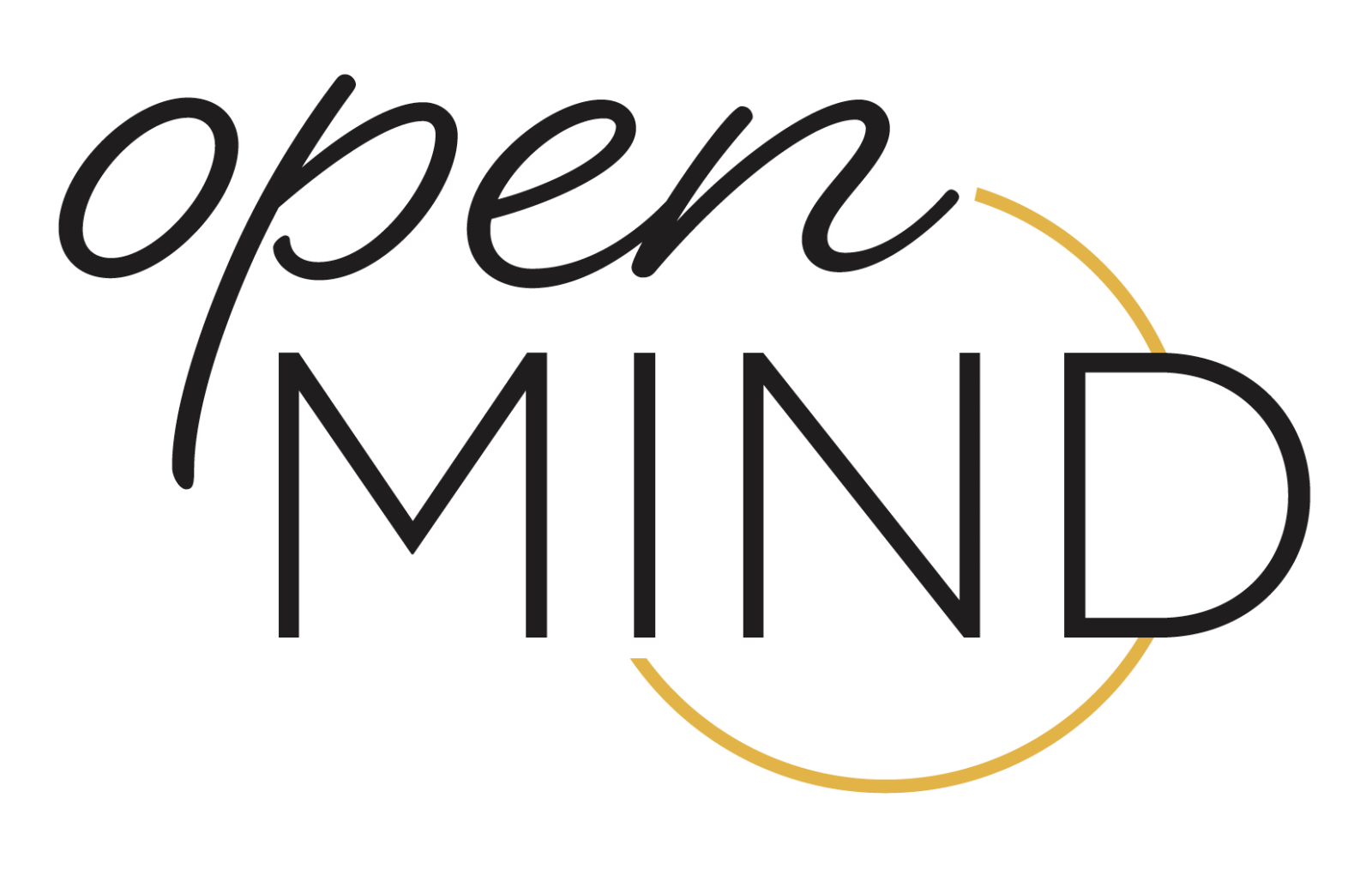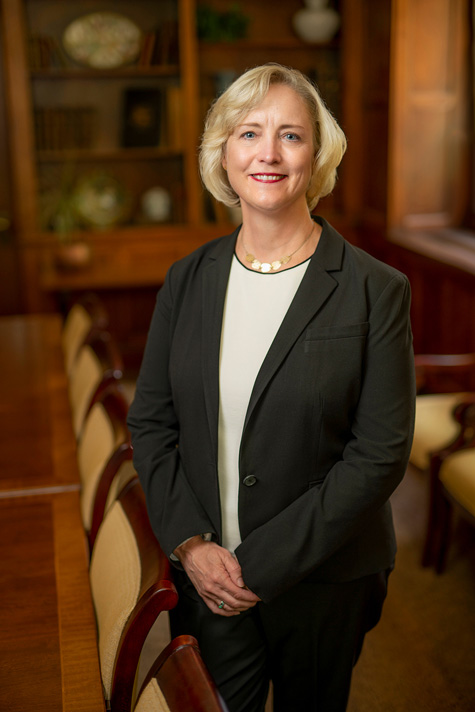 I am (very) often asked my opinion on a wide range of issues impacting campus. What’s been at the core of Vanderbilt’s progress over the last decade? Where do you think we will have the biggest impact in research in the next 10 years? Do you really think 8 a.m. classes are a good idea? The Commodores—great baseball program or GREATEST baseball program EVER?
I am (very) often asked my opinion on a wide range of issues impacting campus. What’s been at the core of Vanderbilt’s progress over the last decade? Where do you think we will have the biggest impact in research in the next 10 years? Do you really think 8 a.m. classes are a good idea? The Commodores—great baseball program or GREATEST baseball program EVER?
I always do my best to answer these questions (with GREATEST EVER being the obvious answer to the last). But perhaps more importantly, I think it’s essential to ask questions as well. As provost, I have shared my views on the importance of “feedback loops” and championed listening and responding to the needs of our faculty and students. And as interim chancellor, I am proud that we also are making it a priority to listen and respond to our university staff.
This idea of feedback loops—systems wherein outputs from a process are used as inputs for the next cycle—provides critical tools for decision-making. Both positive and negative feedback play an important role in the loop—the former spurring creativity and new ideas, the latter establishing order and stability. As our social sciences colleagues know, the feedback loop has been used for more than 40 years to evaluate behaviors, anticipate trends and refine processes. It is now prevalent at Vanderbilt and is core to our shared governance model.
Two surveys underway this month, the 2020 Staff Engagement Survey and the second round of the COACHE faculty job satisfaction survey, are great examples of feedback loops at work. These surveys are designed for different audiences and to address different topics, but they are united in serving our goal to engage as many people as possible to make our community stronger, more effective and more supportive. I encourage you to take the time to complete your survey. Our university thrives when every person has the opportunity for their voice to be heard.

Further, action must follow listening. When we conducted the faculty COACHE survey in 2016, the results—even the feedback that was difficult to hear—led to important discussions that continue to make an impact. We have implemented more than 70 action items based on the 2016 results. Examples include the launch of the Shared Governance web portal and the Arts and Humanities Rapid Response Micro-Grant, expanded faculty mentoring programs (which are available through the Faculty Gateway), and additional administrative support, including Peabody’s recent addition of grant managers to each department to support faculty needs.
I also view thoroughly and publicly sharing survey results as a critical instance of transparency in action. As I see it, surveys are not just about capturing current priorities or timely data; they are a valuable catalyst and springboard for ongoing conversations, re-assessment and growth at every level of the university. While individual survey responses are strictly confidential, the overall themes, priorities and trends that they indicate must be open for review.
An example that continues to resonate with me is our recent climate surveys on sexual assault and misconduct, including our very first survey on such matters for faculty and postdocs. The findings are helping us to know where work needs to be done and are sparking important conversations at both the institutional and personal levels on our campus. A similar survey for staff is planned for later this year. The trends we see in these survey responses and from other feedback we receive drive new initiatives, such as the Women’s Advancement and Equity (WAVE) councils (one led by faculty, students and postdoctoral scholars and one led by staff), and the new Gender Harassment web portal.
How do we know if we are making progress over time? This requires dedication to regular, periodic re-surveying. Between 2015 and 2019, the student campus climate survey on sexual assault and misconduct showed improvements in levels of training and in knowledge about how to get help. However, we and our AAU peers continue to report seriously troubling levels of incidents, and we know so much remains to be done. We are eager to see how the results of the current COACHE survey compare to the previous 2016 survey, and we plan to use the results of the new staff survey to set the benchmark for future progress.
Surveys are only one part of our overall strategy to ensure our actions are based on the knowledge, experiences and aspirations of our community. I hold forums with faculty, staff and students, and Vice Chancellor Eric Kopstain, Interim Vice Chancellor André Churchwell and Interim Associate Vice Chancellor Laura Nairon recently held a series of staff listening sessions, and countless conversations and feedback loops occur across campus between staff, faculty and students every day.
Ultimately, our surveys, town halls, listening sessions and frank conversations are all a call to action. I believe they are an opportunity to ensure our individual voices come together to strengthen our One Vanderbilt community. They truly reinforce what higher education is all about: acquiring and sharing knowledge with the goal of driving progress in the world and here on our campus. That progress begins with your voice.